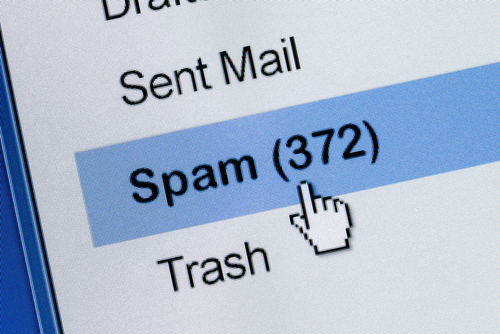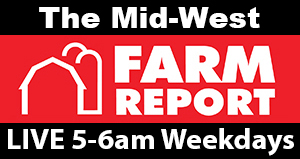
April Fools’ Day is a big deal for your garden-variety jokester, but it’s just another day at the office for a scammer. Con artists don’t care whether it is April 1st, September 19th or February 3rd. Scammers will use any opportunity on any given day to pull tricks on trusting victims and rip them off for money or personal information bulk emails (better known as “spam emails”) are one of their favorite tools.
The good news for consumers is that email scams can be easy to spot if you know what to look for. In recognition of April Fools’ Day, the Wisconsin Department of Agriculture, Trade and Consumer Protection has some simple tips to help spot a spam email.
Tips to spot spam emails:
- Spam emails often include the name, logo, and color scheme of a well-known business, so the tipoff of a scam is often in the language used in the message. Watch for poor grammar, misspellings, awkward wording, and a general lack of professionalism. Legitimate corporate emails will be clear and grammatically accurate.
- Check the sender’s email address for another easy tipoff. In many spam messages, the web address (URL) referenced in the sender’s email address does not match the true URL for the business in question. For example, an email that claims to come from the U.S. Postal Service may come from “JoeSchmo @somefakecompany.com” instead of “___ @usps.com.”
- Be suspicious of any request to open an attached file or click a link (including to “view your account”). Either action could lead you to download malware onto your device.
- On a desktop or laptop computer, if you hover your mouse over a link in an email (do NOT click your mouse!), the URL that the link directs you to will typically appear in the bottom of your browser window.
- Refuse requests to reply to an email with confidential information such as user names, passwords, and personal details. If you question the validity of an email that claims to be from a major business, call the business directly to inquire about its legitimacy.
- Most of these emails end up in your “junk mail” folder if your security settings are high and your email provider is routing spam correctly, but the occasional junk email inevitably finds its way through the filters and into your inbox.
Two major spam email ploys from recent years have claimed to come from well-known retailers and shipping companies. These emails draw in potential victims through false promises of gift cards as part of a “rewards program” or they claim to have information about a delay or other issue with a (nonexistent) package delivery. Other recent email schemes have involved fake invoices and threats about past-due taxes sent using the names of government agencies.
For additional information or to file a complaint, visit the Consumer Protection Bureau at datcp.wisconsin.gov, call the Consumer Protection Hotline at 800-422-7128, or send an e-mail to [email protected].
